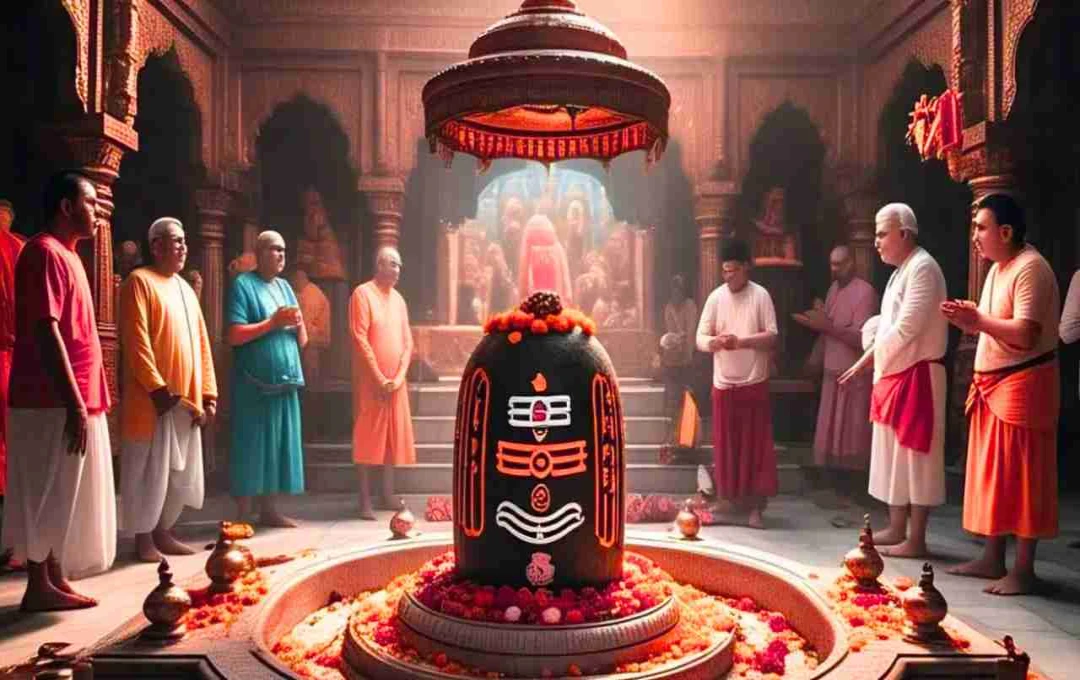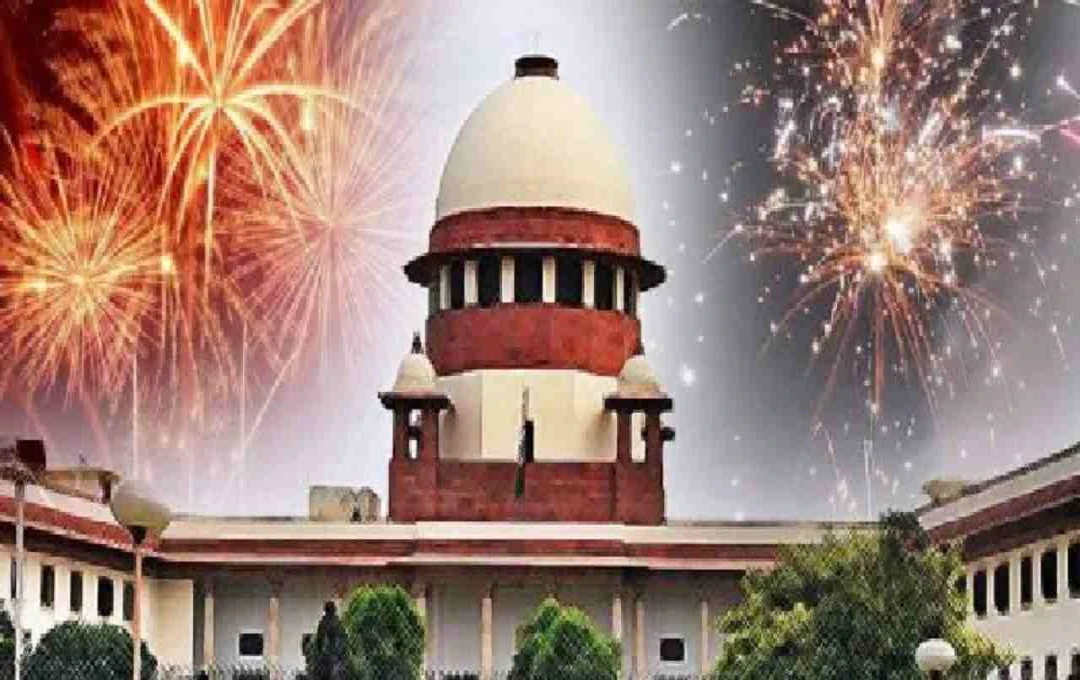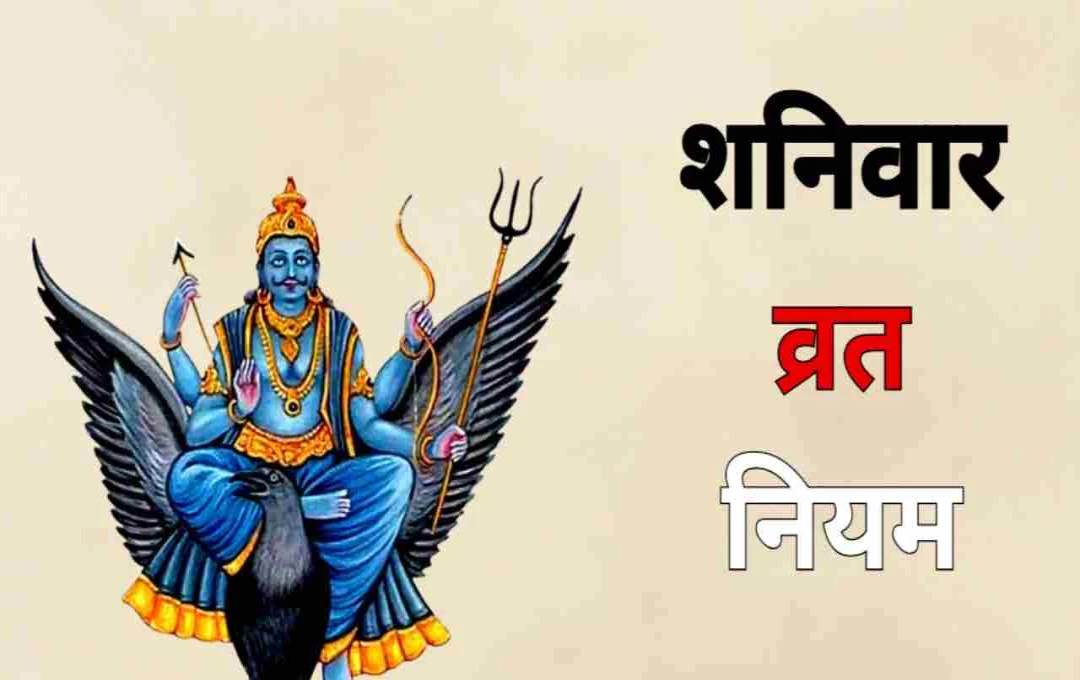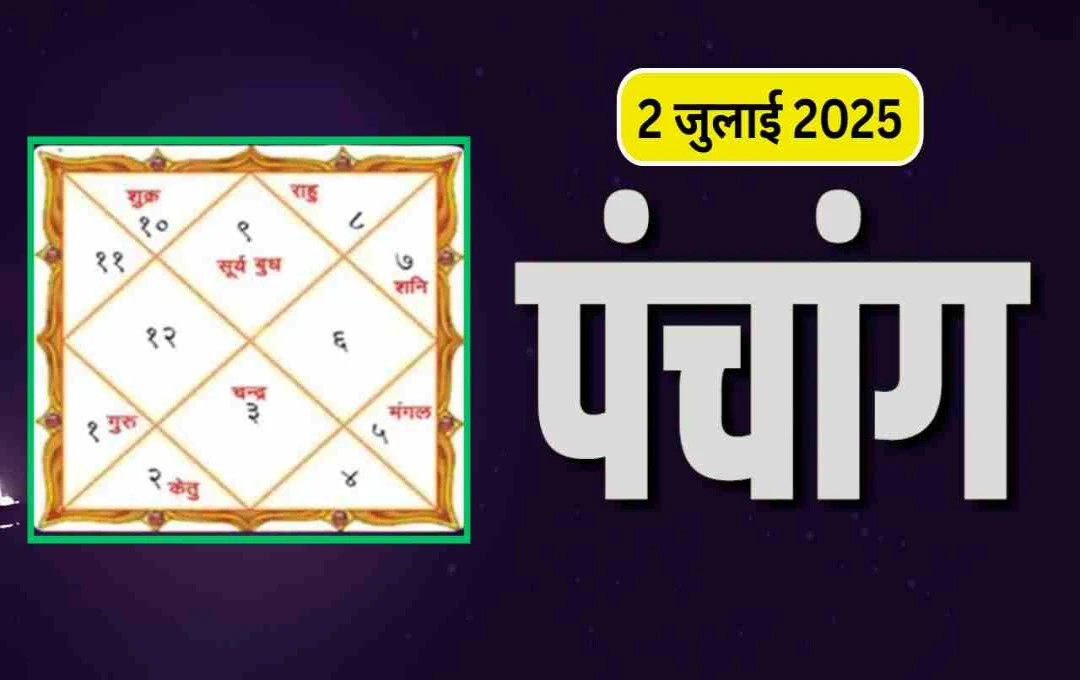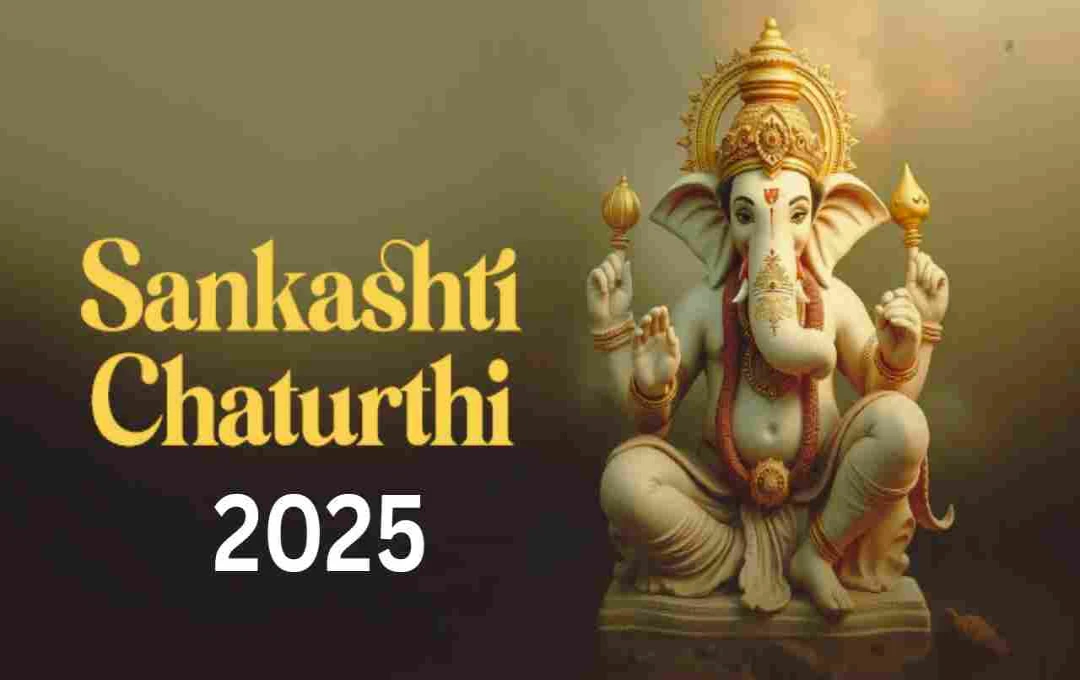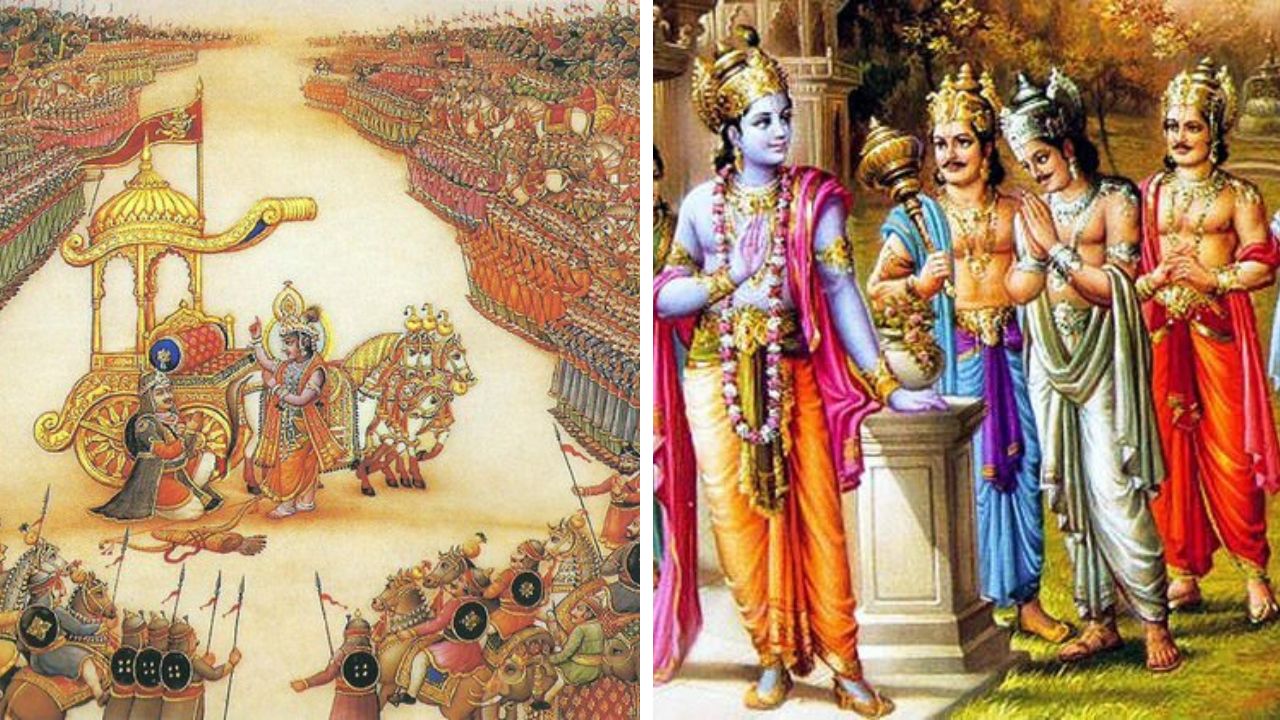The month of Shravan, also known as Sawan, is considered the most sacred time for the worship of Lord Shiva. Throughout this entire month, Shiva devotees observe fasts, perform Rudrabhishek, and conduct special pujas to seek the blessings of Bholenath (Lord Shiva). A significant aspect is the tradition of offering specific items to the Shivling during this month, without which the worship is considered incomplete.
Even if you are not going on a Kanwar Yatra, including certain essential items while performing Shiva puja at home is extremely important. If you are unaware of these items, this report provides a comprehensive list of necessary items for Shiva puja during Sawan.
What are the main materials for Shiva Puja?
The worship of Lord Shiva is considered simple, but the puja rituals become special during Sawan. During this time, Shiva devotees take a bath in the morning, wear clean clothes, and perform the abhishek of the Shivling. For the abhishek, items like water, milk, Gangajal (Ganges water), honey, and yogurt are used.
List of essential materials for puja during Sawan
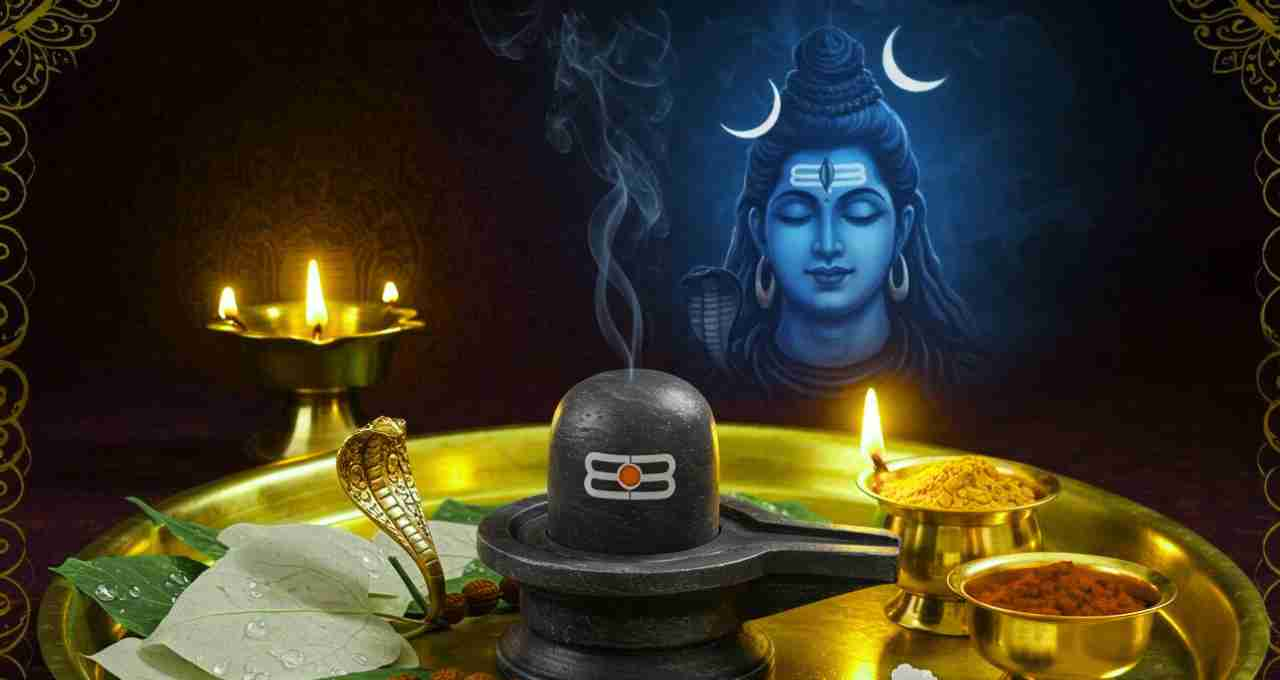
If you are preparing for Shiva puja at home, gather these materials in advance:
- Gangajal (Ganges water) – For purifying the Shivling
- Ghee (clarified butter) – For use in Panchamrit
- Yogurt and Honey – For making Panchamrit
- Sugar and Mishri (rock sugar) – For offering as Naivedya (food offering) and in Panchamrit
- Shami leaves – Considered auspicious
- Belpatra (Bilva leaves) – Extremely dear to Lord Shiva
- Raw cow's milk – For Abhishek
- White sandalwood – For Tilak (mark on the forehead) and coolness
- Flowers and garlands – Especially white flowers
- Apamarga leaves – Of specific importance in puja
- Durva grass – Considered auspicious
- Dhatura and Bhang (cannabis) – Particularly beloved by Lord Shiva
- Betel nut, cloves, cardamom, and betel leaf – Included in the puja materials
- Sweets and Naivedya (food offering) – For offering as Bhog (food offering)
- Incense sticks, lamp, and camphor – During the Aarti (prayer)
- Cotton wicks and pure oil – For lighting the lamp
- Clean cloth and Yajnopavit (sacred thread) – During the puja
- Lord Shiva's idol or photo – For meditation and offering
Offering all these materials in the prescribed manner pleases Lord Shiva, and the devotee's wishes are fulfilled.
Things to keep in mind before the puja
During the puja, devotees should also remain completely pure and pious. Begin the puja only after taking a bath and wearing clean clothes. Ensure that the puja area is also completely clean and maintains a sattvic (pure and tranquil) atmosphere.
What things should not be offered to the Shivling
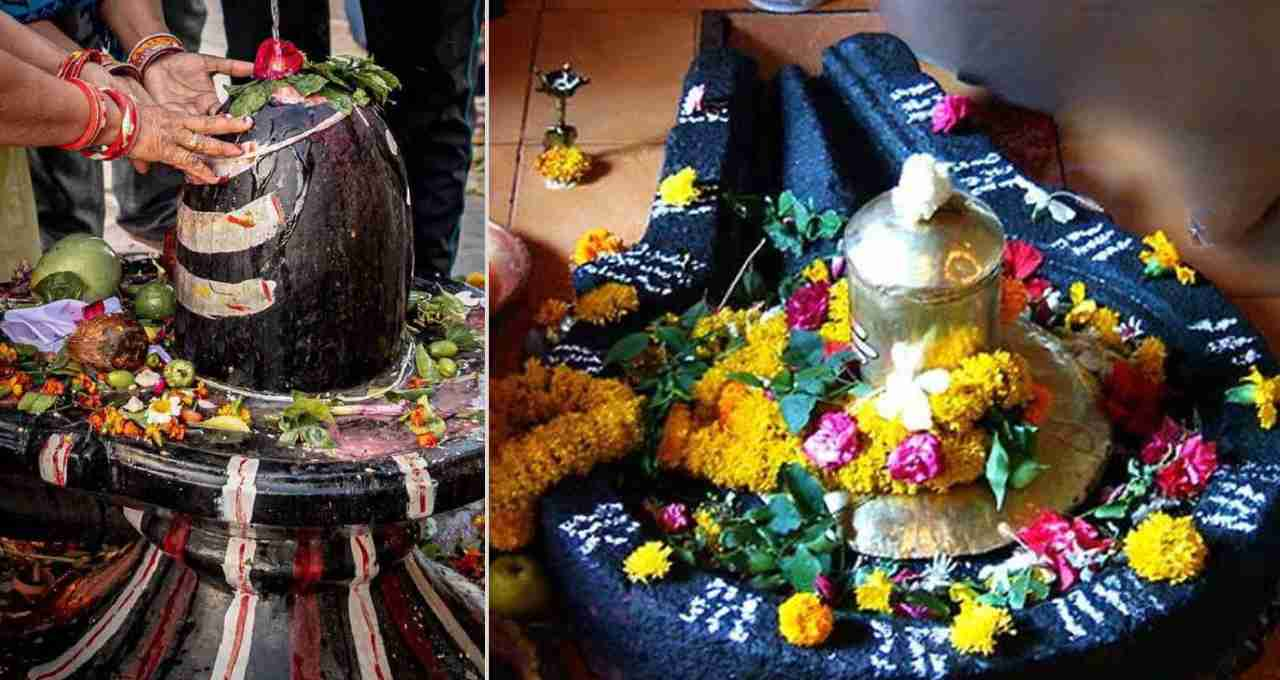
While there is a tradition of offering special materials to Lord Shiva during Sawan, there are also certain things that should not be offered to the Shivling, even by mistake.
- Ketaki flower – It is prohibited in the scriptures.
- Tulsi leaves – Dedicated to Vishnu, they should not be offered to the Shivling.
- Broken Belpatra – A broken Belpatra should not be offered to the Shivling.
- Sindoor or Kumkum (vermilion/red powder) – Considered forbidden in Shiva Puja.
According to religious beliefs, offering these materials can displease Lord Shiva, and the puja may become ineffective.
Which rules are essential to follow during the puja
- During Sawan, one should avoid tamasic foods like meat and alcohol.
- Devotees observing fasts must practice celibacy.
- Avoid using mobile phones or engaging in any unnecessary conversations during the puja.
- Meditate on Lord Shiva with a calm mind and perform the puja with a resolve.
Importance of Panchamrit in Shiva Puja
Panchamrit – meaning five sacred substances – milk, yogurt, ghee, honey, and sugar – performing the abhishek of the Shivling with these is considered especially fruitful. Panchamrit is used while performing the abhishek on the Shivling, and the abhishek is completed with pure water or Gangajal at the end.
